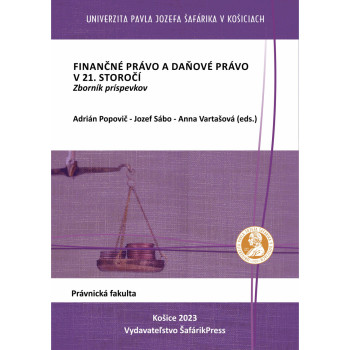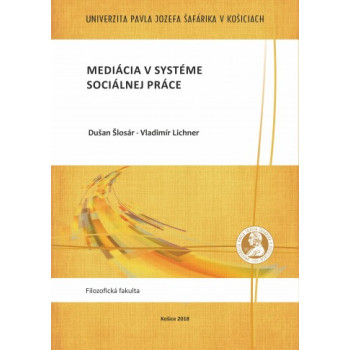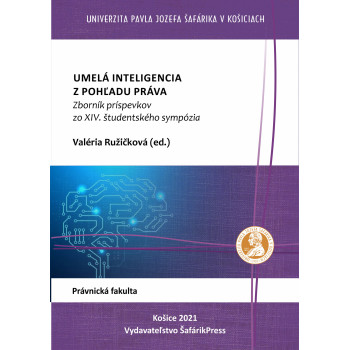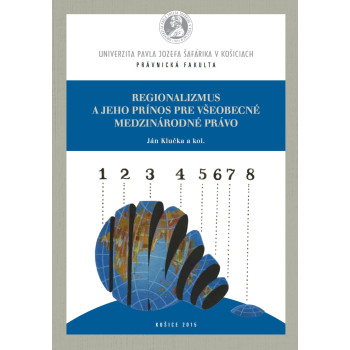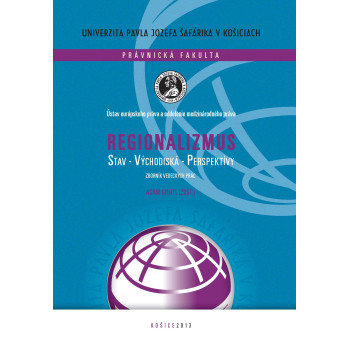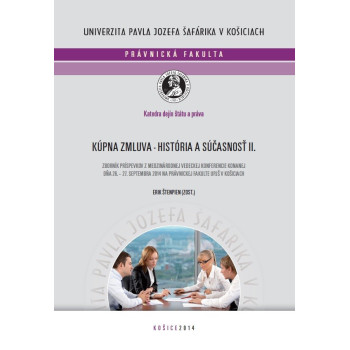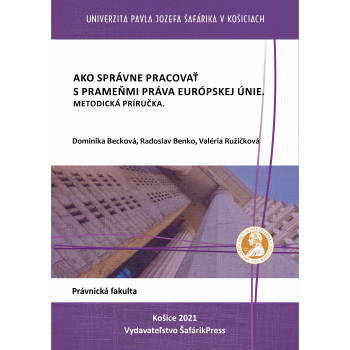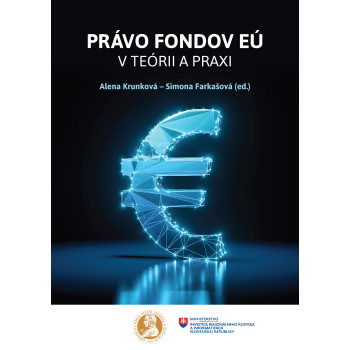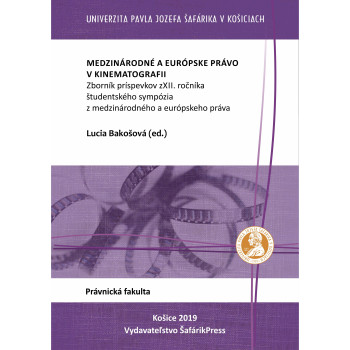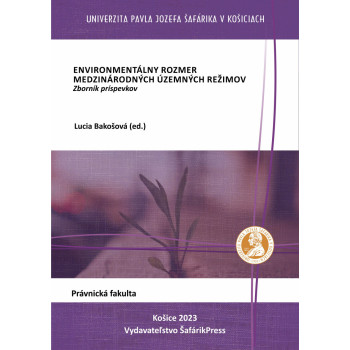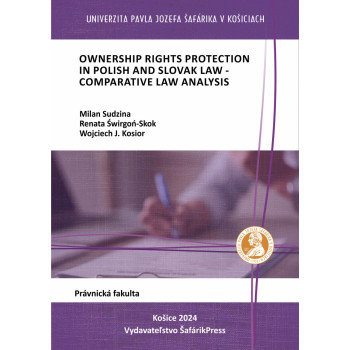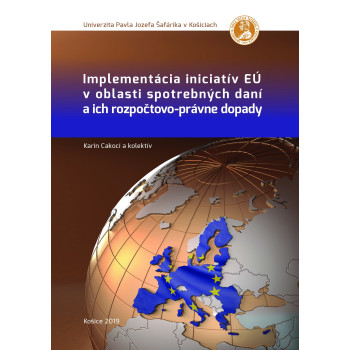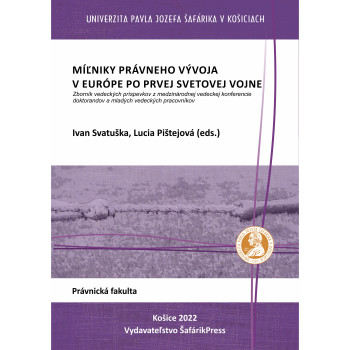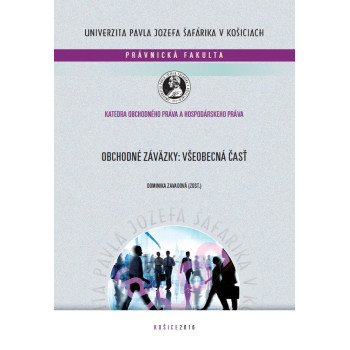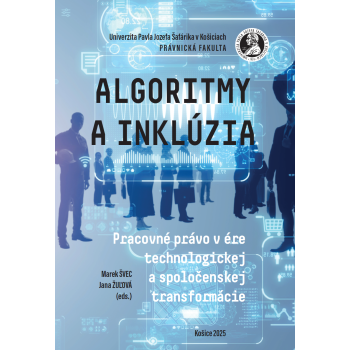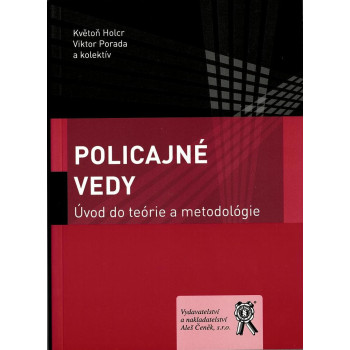
Finančné právo a daňové právo v 21. storočí -...
E-book
Adrián Popovič - Jozef Sábo - Anna Vartašová
Reviewed Proceedings of the 3rd Annual Student Symposium
The Intemational Scientific Conference - V. Slovak-Czech days of tax law on the topic Tax Law and New Phenomena in the Economy was held 5th - 6th June 2023 in Košice. Onthis occasion, a student symposium on the topic: "Financial Law and Tax Law in the 21st Century" was organized for students of the Pavol Jozef Šafárik University Faculty of Law in Košice on 7th June 2023. The focus of the symposium was chosen due to the content of thegrant project VEGA no. 1/0485/21: "Simultaneity and possibilities of reforming the system ofown resources of the EU budget (legal and economic aspects also in the context of the consequences of the COVID-19 pandemic) ",of the grant project VEGA no.1/0214/21: "Taxa/ionof real property - legal status and polential" and of the grant project APVV-19-0124 entitled" Tax law and new phenomena in the economy (digital services, sharedeconomy,virtualcurrencies) ", which are currently being addressed at the Department of Financial Law, Tax Law and Economy, Faculty of Law, Pavol Jozef Šafárik University in Košice.
The output of this symposium is a reviewed proceeding of papers, in which students focus on examining the issues of new phenomena in the digital economy (virtual currencies and the shared economy), but also the iss ues of the budget process, thedecision - making activity of the Court of Justice of the EU and theoretical - legal issues of tax justice with regard to the development of tax law.
The authors also assess in detail the current situation in the research area, and they also present de lege ferenda proposals that could contribute to the development and improvementof several aspects of taxation, which is a benefit not only for legal science but also for application practice.
Download e-book for free (pdf)



